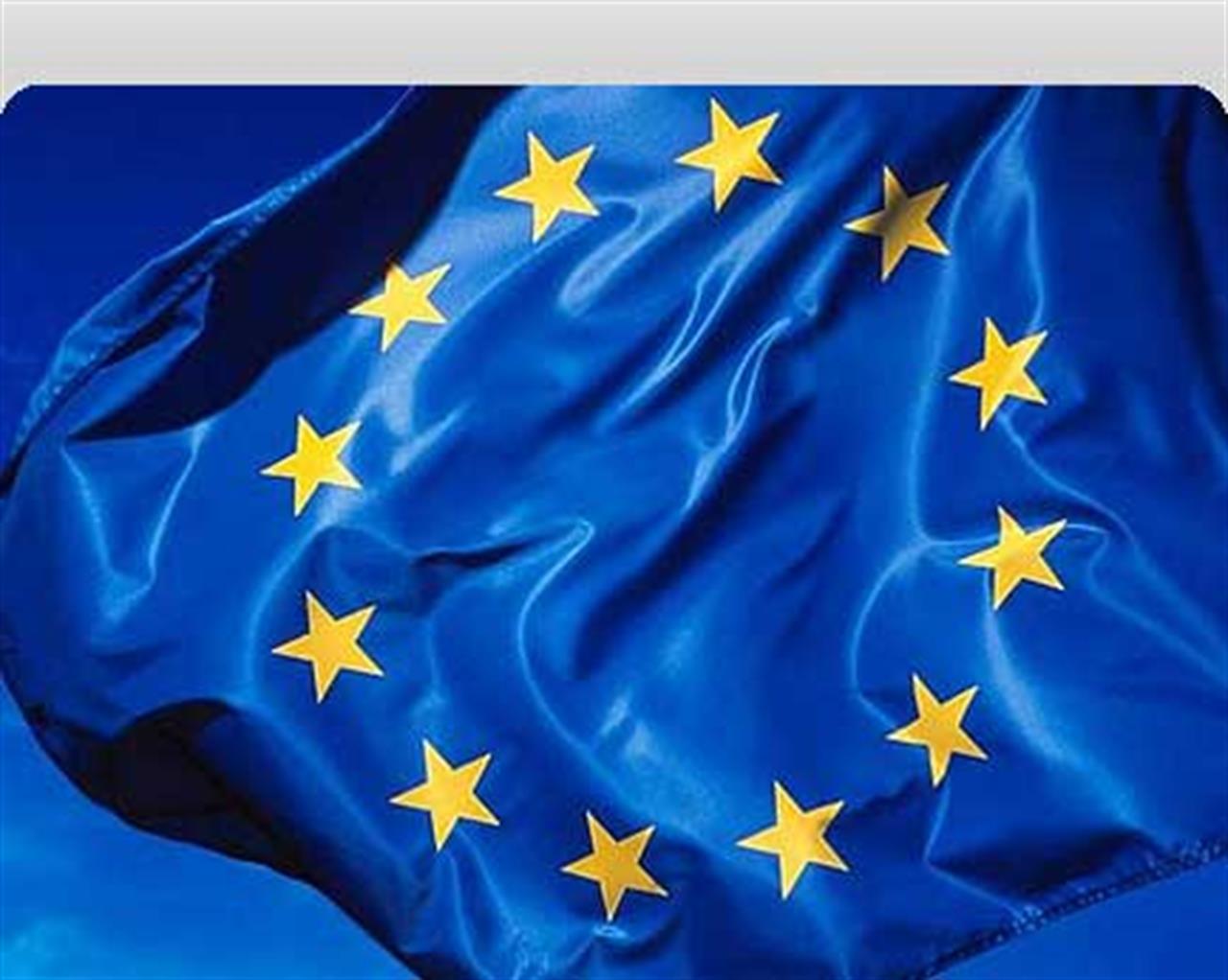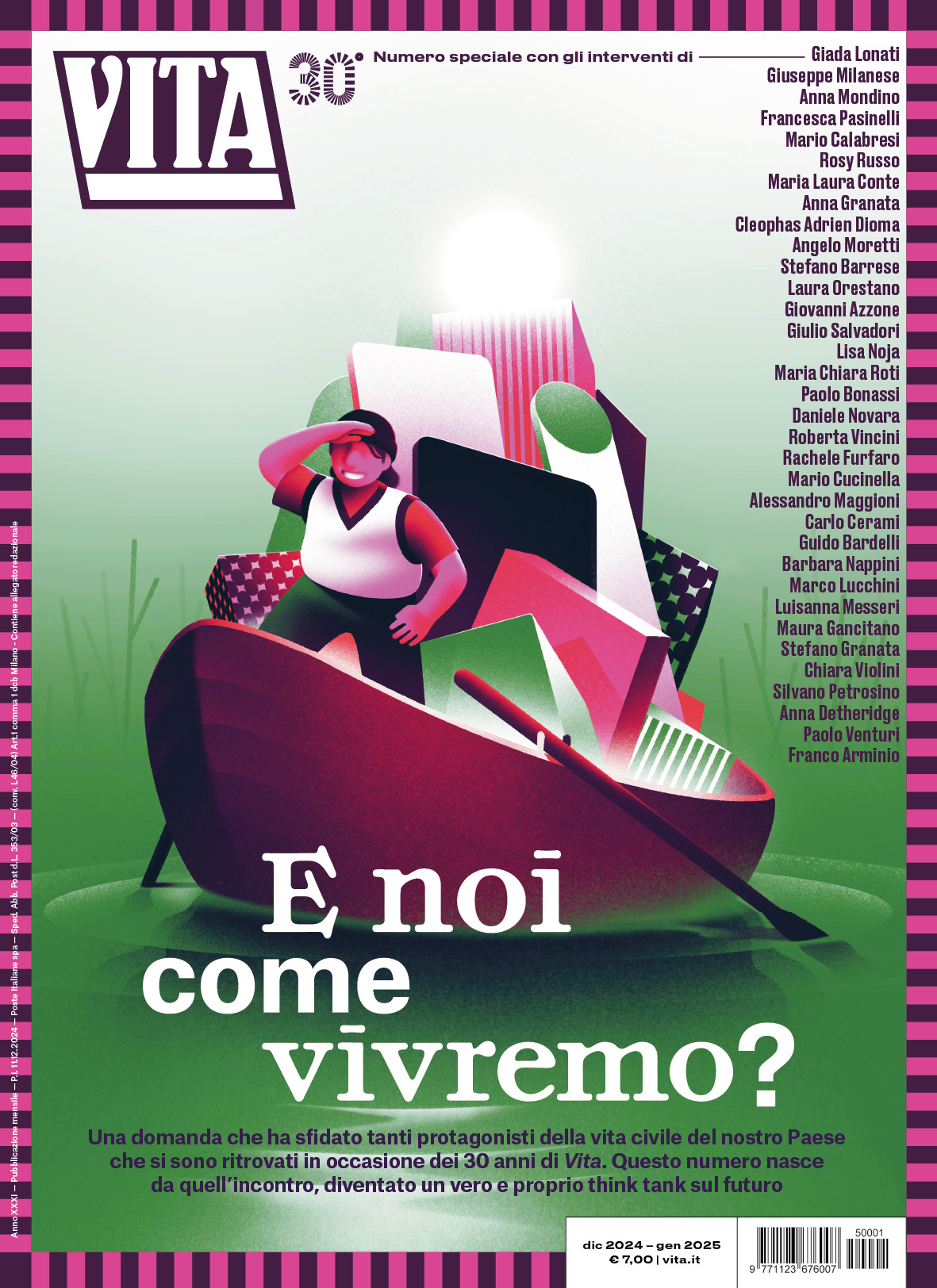Politica
“Rien ne va plus”? Rebuilding the European social market economy
On 22 and 23 January 2009, the European Economic and Social Committee (EESC) will hold a conference entitled "Rien ne va plus? Ways to rebuild the European Social Market Economy" dealing with the present international financial situation and the risks to
di Staff

<!– /* Style Definitions */ p.MsoNormal, li.MsoNormal, div.MsoNormal {mso-style-parent:””; margin:0cm; margin-bottom:.0001pt; text-align:justify; line-height:120%; mso-pagination:widow-orphan; mso-layout-grid-align:none; punctuation-wrap:simple; text-autospace:none; font-size:11.0pt; mso-bidi-font-size:10.0pt; font-family:”Times New Roman”; mso-fareast-font-family:”Times New Roman”; mso-ansi-language:NL-BE; mso-fareast-language:EN-US;} a:link, span.MsoHyperlink {color:blue; text-decoration:underline; text-underline:single;} a:visited, span.MsoHyperlinkFollowed {color:purple; text-decoration:underline; text-underline:single;} @page Section1 {size:612.0pt 792.0pt; margin:70.85pt 2.0cm 2.0cm 2.0cm; mso-header-margin:36.0pt; mso-footer-margin:36.0pt; mso-paper-source:0;} div.Section1 {page:Section1;} –>
The conference will be preceded by a press conference at 2 p.m., to be given by Mario SEPI, President of the EESC, John MONKS, Secretary General of the European Trade Union Confederation (ETUC), Andrea BENASSI, Social Partner, Small & Medium-Sized Enterprises (UEAPME) and Pervenche BERES, President of the ECON committee of the European Parliament. Irini PARI, EESC Vice-President will moderate the press conference.
The four speakers will present the two key objectives of the event: firstly to discuss measures to enable a rapid relaunch of the economy in order to avoid recession and other consequences for workers, and secondly to identify ways of redefining and improving the regulation of financial markets.
Bringing together both employers’ and employees’ organisations, the European Economic and Social Committee will be the platform where both trade unions and employer associations will gather, along with other representatives from the European institutions, financial actors and civil society organisations, in order to discuss appropriate measures for sustaining growth and employment and improving the international financial architecture to resolve the crisis, especially by protecting the European Social Market Economy.
Starting from the assumption that there is an urgent need to save jobs and that self-regulation has proved to be a form of non-regulation, President Sepi will ask the speakers to answer a few crucial questions:
Who is best entitled to define and apply new and transparent rules?
How can economic policy orient the regulation of financial markets through productive investments?
What is the relationship between the financial and the real economy?
How can wealth be created?
Is the European recovery plan sufficient?
These issues will be answered by important figures from the worlds of politics, academia and civil society : Gertrude TUMPEL-GUGERELL, Member of the Executive Board of the European Central Bank (ECB), Marco BUTI, Director General, DG ECFIN, European Commission, David WRIGHT, Director General, DG MARKT, European Commission, Philippe DE BUCK, Secretary-General BusinessEurope, Jean PISANY-FERRY, Bruegel Institute, Petra ERLER, Head of Commissioner Verheugen’s private office, European Commission, Chris DE NOOSE, Secretary General, European Savings Banks Group (ESBG), Marc STOCKER, Director, BUSINESSEUROPE, Umberto TRIULZI, Professor, University of Rome, Daniel GROS, Director, Centre for European Policy Studies.
Press Conference
Date: 22 January 2009, 2 p.m.
Venue: EESC, Jacques Delors Building, JDE 52
Conference (Journalists are welcome to participate in all the sessions)
Date: 22-23 January 2009, 2.30 p.m.
Venue: EESC, Jacques Delors Building, JDE 62
Find out more: www.eesc.europa.eu
17 centesimi al giorno sono troppi?
Poco più di un euro a settimana, un caffè al bar o forse meno. 60 euro l’anno per tutti i contenuti di VITA, gli articoli online senza pubblicità, i magazine, le newsletter, i podcast, le infografiche e i libri digitali. Ma soprattutto per aiutarci a raccontare il sociale con sempre maggiore forza e incisività.
